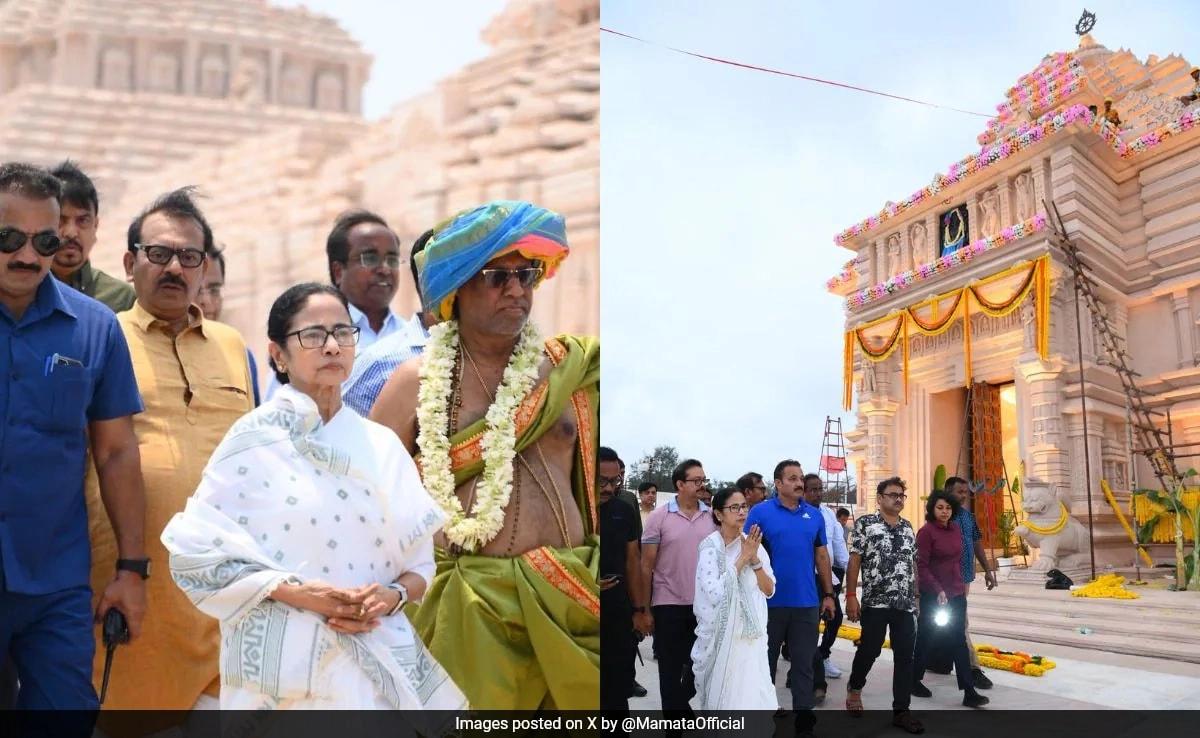Actor Vijay has recently made headlines for his outspoken criticism of the Bharatiya Janata Party (BJP), particularly regarding their portrayal of historical figures, specifically the Chola dynasty. In a statement that has garnered significant attention, Vijay accused the BJP of engaging in “drama” surrounding the Cholas, suggesting that their attempts to invoke these historical elements are more about political posturing than genuine appreciation of the past. His remarks highlight a growing concern among artists and public figures about the politicization of history and culture, which often leads to a distortion of facts to serve contemporary agendas.
The Chola dynasty, known for its remarkable contributions to art, architecture, and governance in ancient India, has been a subject of admiration and study. Vijay’s comments suggest that he believes the BJP’s narrative may undermine the true essence of this rich historical period. By framing their actions as “drama,” he implies that the party is more interested in spectacle and electoral gains than in fostering a sincere understanding of India’s heritage. This sentiment resonates with many who feel that history should be approached with respect and integrity, rather than as a tool for manipulation in political discourse.
In response to Vijay’s criticisms, the BJP has defended its actions, asserting that their engagement with historical narratives is rooted in a desire to celebrate India’s rich cultural legacy. Party representatives have argued that their focus on the Cholas and other historical figures is an effort to instill national pride and educate the public about India’s achievements. They have dismissed Vijay’s claims as politically motivated attacks aimed at undermining their efforts. The exchange underscores a broader ideological clash in Indian politics, where history and culture have become battlegrounds for differing narratives and interpretations.
As the dialogue continues, it raises important questions about the role of artists in society and their responsibility to engage with political issues. Vijay’s stance reflects a growing trend among public figures who are willing to challenge dominant narratives, advocating for a more nuanced and authentic engagement with history. This ongoing debate not only sheds light on the complexities of Indian politics but also highlights the significant influence that popular figures can wield in shaping public discourse. As both sides prepare to further their arguments, it remains to be seen how this controversy will evolve and what impact it may have on the broader political landscape.




